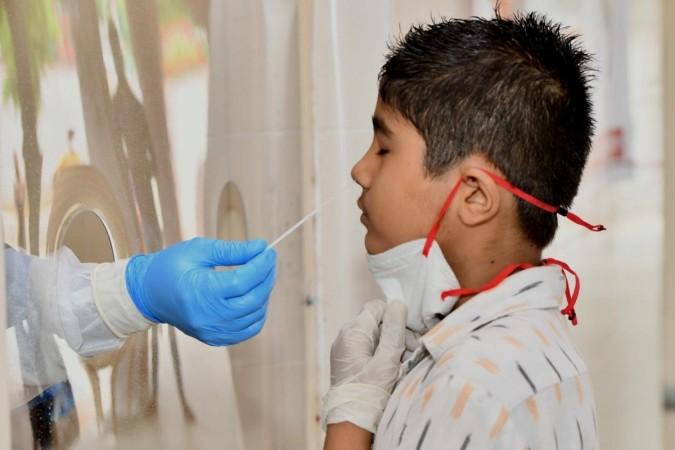Even as the coronavirus pandemic continues to infect lakhs of people all across the globe daily, governments are slowly opening up their countries including schools and colleges. The findings of the JAMA Paediatrics study revealed that children below the age of five have between 10 to 100 times greater levels of the genetic material of the coronavirus in their noses compared to older children and adults. The publishers of the research also claimed that young children could be important drivers of COVID-19 communication inside populations-a statement at odds with the existing understanding.
More genetic material means more virus is children
The study was conducted in Chicago, the US between March 23 and April 27 where Researchers performed nasal swab studies on 145 patients with mild to severe disease within one week of onset of symptoms. Patients were classified into three groups - 46 children younger than five, 51 children between the ages of five and 17, and 48 adults between the ages of 18 and 65. The researchers led by Taylor Heald-Sargent of the Ann & Robert H. Lurie Children's Hospital concluded that "a 10-fold to 100-fold greater amount of SARS-CoV-2 in the upper respiratory tract of young children."

The authors also added that the more viral genetic material was available, the more infectious virus could be produced, and a recent laboratory study had already shown. This has also been shown recently that children with high respiratory syncytial viral (RSV) viral loads are more likely to transmit the disease. "Thus, young children can potentially be important drivers of SARS-CoV-2 spread in the general population," wrote the authors. The study finally concluded, "Behavioural habits of young children and close quarters in school and daycare settings raise concern for SARS-CoV-2 amplification in this population as public health restrictions are eased."

Study in contradiction with the normal belief
Notably, the recent results are at odds with the prevailing belief of health experts that young children who are much less likely to get severely sick from the virus, as has been well known-don't spread it to adults either. Until now, though, there has been very little work on the subject. One research analysis in South Korea showed that children aged 10 to 19 spread COVID-19 inside families as well as adults, but the virus was spread at lower rates among children under nine.

















